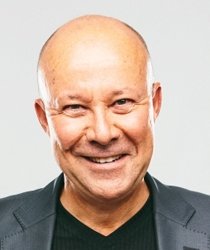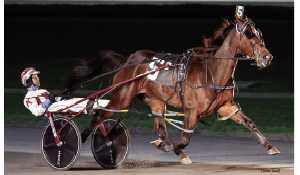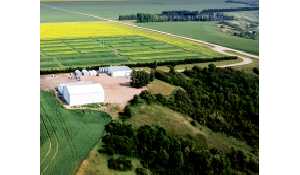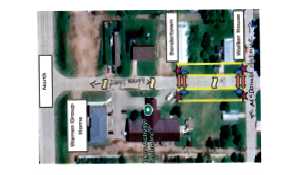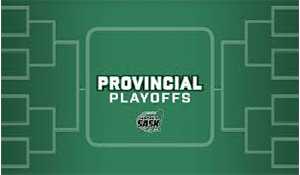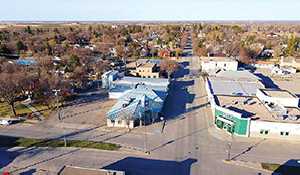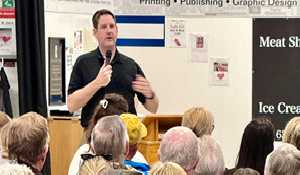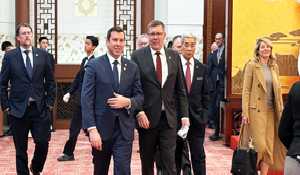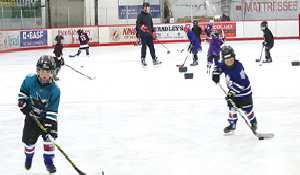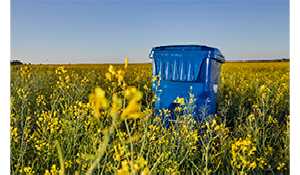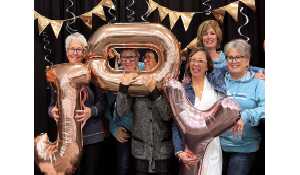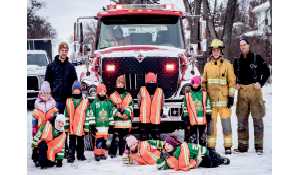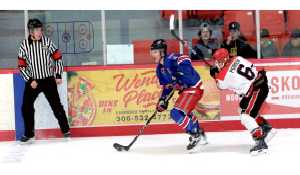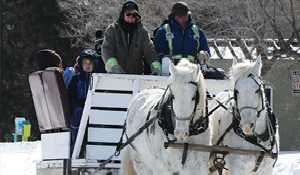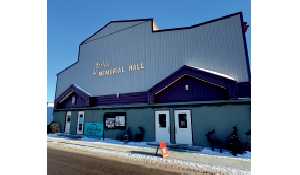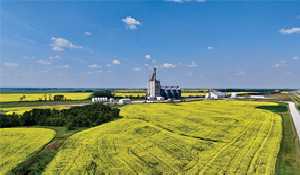SaskParty anniversary worth celebrating
August 14, 2017, 12:51 pm

“This new provincial party, known as the Saskatchewan Party, will provide a clear, united voice for the majority of Saskatchewan voters and build a new political movement that will provide the clear alternative voters are looking for to lead our province into the 21st century.”
—Tom Hengen, Steering Committee Chair,
Saskatchewan Party, August 8, 1997
It’s a testament to Saskatchewan politics that the 20th anniversary of the founding of the Saskatchewan Party slipped by so deliberately quietly last week.
On Aug. 8, 1997 four Saskatchewan Liberal Party MLAs—June Draude, Bob Bjornerud, Rod Gantefoer, and Ken Krawetz—joined with four Progressive Conservative MLAs—Dan D’Autremont, Ben Heppner, Don Toth and Bill Boyd—to create a new political party.
According to Gail Krawetz, in her excellent upcoming book, Risk and Reward: The Birth & Meteoric Rise of the Saskatchewan Party, none of the eight realized the historic role they would play.
The new party became the Official Opposition, within two years polled more votes than the NDP in the 1999 election, failed to win in 2003 and was elected in 2007 by connecting to a basic tenet of Saskatchewan politics.
From the days of CCF-NDP pioneer Tommy Douglas who praised his party’s ability to split the non-socialist vote between Liberals and Conservatives, the majority of Saskatchewan people do not typically support the NDP.
During Douglas’ five-election run, from 1944 to 1964, only twice did he receive more than 50 per cent of the vote.
Of three successful Allan Blakeney NDP terms in the 1970s, just once the natural governing left wing party received a majority of votes.
In the four elections that the NDP won from 1991 to 2007 they got 51 per cent only once and governed the rest of the time with voter support of 47 per cent, 39 per cent and 45 per cent, as most people who do not vote NDP split their votes between other parties.
The SaskParty has been an effective and generally unified voice for non-New Democrat voters in three elections since 2007, each time with popular votes of 51 per cent, 64 per cent and 62 per cent.
This spring’s austerity budget has left some citizens angry with government spending restraint, necessitated by a dramatic fall in natural resource revenues.
The tough budget has given old school NDPers a renewed sense of purpose as the party’s proxies in large unions and political activist groups have launched multi-million-dollar campaigns, flooded letters to the editor, taken to social media and began attending public demonstrations and rallies, a preferred pastime of the political left.
This was exactly the same strategy employed when NDP activists took to the streets to defeat Liberal Ross Thatcher in 1971.
In 1991, the beleaguered Grant Devine Progressive Conservatives ultimately self-destructed after a concerted and relentless three-year campaign of NDP and union protests.
This year’s activism is either history repeating itself with the imminent death knell for Brad Wall’s SaskParty or it’s a bump in the road, as many experienced governments go through when unpopular decisions are taken early in mandates and the government recovers.
But make no mistake, the political left is on a full court press.
To hear the more delusional voices of the left one might think that we’ve fallen from perdition into a deep depression, not having come off the greatest growth and economic success of the last century into a slower and cyclical period of restraint.
A government that should be engaging and unifying its base has been cautious, even this week quietly canceling events marking its 20th anniversary for fear that NDP “stop the cuts” activists might show up to disrupt.
The fundamentals are still solid in a political movement that gave birth to a unified, focused and future-oriented party tired of enabling years of socialism by free enterprise voters splitting their votes.
With the news that Brad Wall, the popular face of the SaskParty for a decade, is stepping down, this is not the time for retreat. That’s the mentality of losers.
And Saskatchewan’s namesake political party, 20 years later, is anything but losers.
It’s important that some people in the SaskParty figure that out. Tweet
